Solar Panel Review
We like to spend some of our camping time off the beaten path, but after a disappointing stay at Bryce Canyon National Park where are batteries failed us and we had to leave our dry camping site early, we decided to look into solar panels.
We wanted solar panels for a couple of reasons.
First, we don’t like running our generator – and in quiet campsites with neighbours, I know they don’t like it either. Generators are handy to have in some situations but not a complete answer to power problems. Solar panels will create and store enough power to reduce the need to have to fire it up.
Secondly, solar panels – with an appropriate charge controller – will regulate the current to keep the on-board batteries ready to go and in good condition. This eliminates the need to have the RV plugged in when in storage and it extends the battery life.
What are solar panels and how do they work?
Solar Panels are basically battery chargers, so anything in your RV that runs from your batteries can be run from a solar RV system, including lights, water pump, the 12 volt needs of propane appliances etc. AC appliances like your microwave, hair dryer, TV, etc can be used but only through the use of an invertor. Of course the amount of time you can use any of these AC appliances will depend on how much current or amps each device draws and how much battery capacity you have. The square footage of solar panel on your roof will determine how quickly you can recharge or keep the batteries charged.
We have a 27’ Class C motorhome outfitted to carry two ocean kayaks, so we don’t have a lot of extra space on the roof therefore we opted for a single 130 watt solar panel.
The batteries that are used to supply 12-volts to the RV are referred to as the ‘house batteries’ and they need to be a deep-cycle type that are designed to provide a steady amount of current over a long period of time, unlike your engine starting battery which is designed to provide lots of up-front cranking amps. Good deep cycle batteries are very rugged with much thicker plates and are designed to be deeply discharged and recharged over and over. Deep cycle batteries are rated in Amp Hours.
The amp hour rating is how many amps the battery can deliver for how many hours before the battery is discharged. It is
basically amps x hours. In other words, a battery that can deliver 5 amps for 20 hours before it is discharged has a 100 amp hour rating. It could also deliver 25 amps for 4 hours, which is also100 amps.
The most common causes of RV battery failure are undercharging and overcharging. The solar charging system we are using includes a Samlex 30 Amp Charge Controller which features a 4 stage regulator which regulates current and protects the batteries from over-charging.
For more information on Solar Battery Charging and a good source of solar components check out the RV Solar Electric Store at http://www.rvsolarelectric.com. They also offer a good book on RV Solar Battery Charging and an installation guide. We got lazy and had our dealer http://www.trianglerv.com/ in Victoria BC supply and install our system.
We are very pleased with this system as it now frees us from the worry of batteries going dead just when we need them the most!
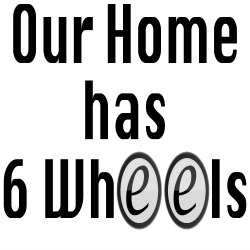

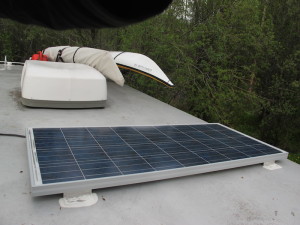
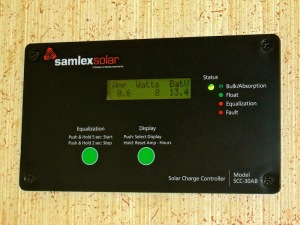
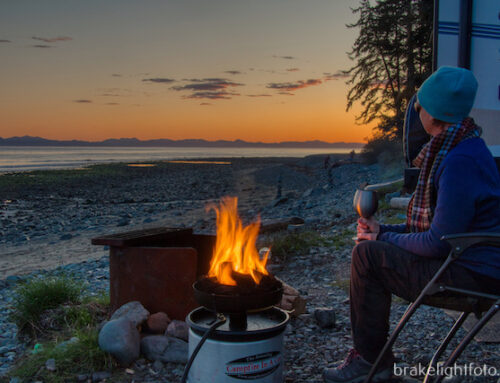
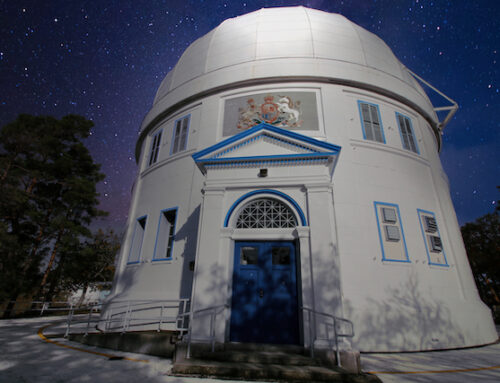
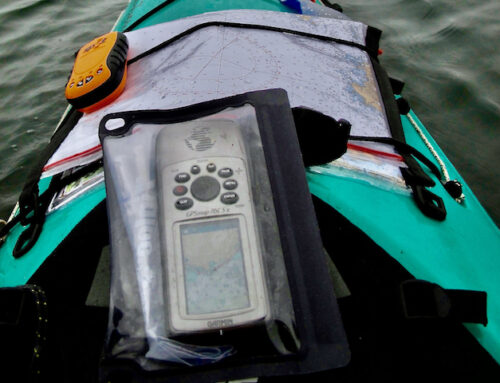

Leave A Comment